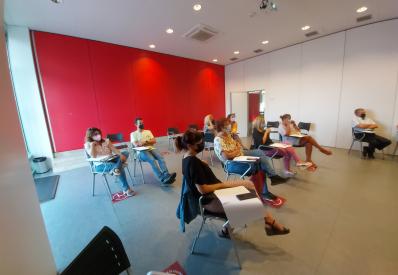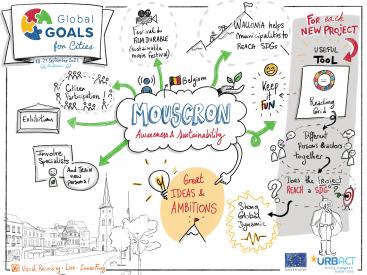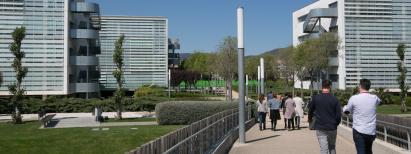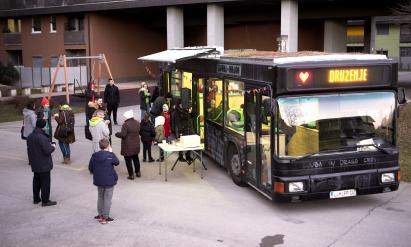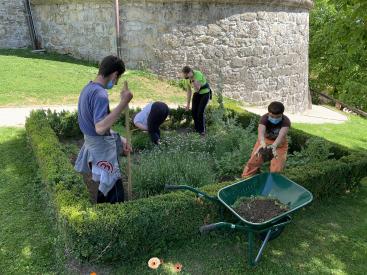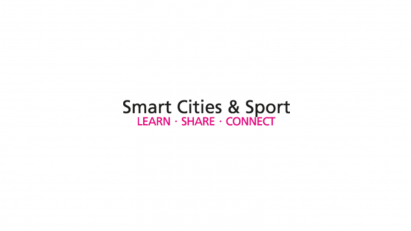Vilawatt UTM webináriumok: tapasztalatcsere és tanulás a jövőbeli beruházási terv kidolgozásáért
A Vilawatt URBACT transzferfolyamat öt, a tanulást segítő webináriumot foglal magában, amelyek célja, hogy a partnervárosok elmélyítsék a Vilawatt innovatív gyakorlatát alkotó öt pillérről szóló ismereteiket és ezáltal képesek legyenek hatékonyabban kidolgozni az egyes városok jövőbeli beruházási terveit.
Ezek az alkalmak lehetőséget teremtenek arra, hogy a szakértők által megosztott valós tapasztalatok és esettanulmányok révén jobban megismerhessük a következő témákat: utólagos felszerelés/modernizálás, energiaközösségek és a projektek irányítóival való kapcsolat (a köz-, a magánszféra és a polgárok együttműködése), az energiaszolgáltatás megosztása, a polgárok bevonása az energiahatékonysági stratégiákba, valamint az érdekeltek bevonásának ösztönzése.

